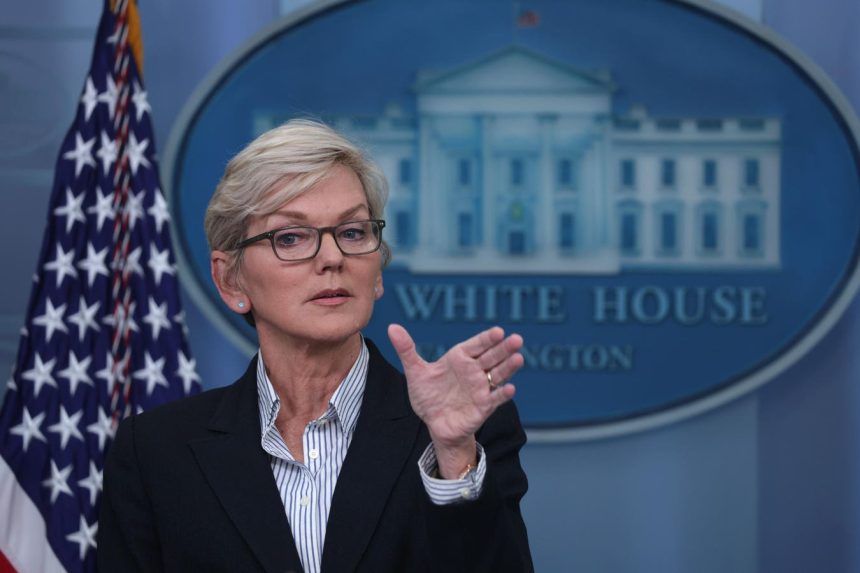The Department of Energy (DOE) recently released its study on the impacts of U.S. liquefied natural gas (LNG) exports, sparking immediate controversy between the oil and gas industry and environmental groups. The study’s findings, while complex and nuanced, were preempted by a leaked letter from outgoing Energy Secretary Jennifer Granholm, which arguably mischaracterized the study’s results and fueled the existing political tensions surrounding LNG exports. This preemptive framing of the study’s findings through a leaked letter underscores the politically charged nature of the LNG export debate.
Industry groups largely welcomed the study’s conclusion that domestic gas supply is sufficient to meet both domestic and export demands, viewing it as justification for lifting the current pause on new LNG export permits. They emphasized the role of U.S. LNG in global energy security and affordability, arguing that the pause has hampered American energy leadership. This perspective reflects the industry’s long-held position that LNG exports are beneficial to both the U.S. economy and global energy markets. Conversely, environmental organizations interpreted the study’s potential environmental and economic downsides as a reason to halt LNG export expansion, highlighting the urgent need to prioritize climate action over industry profits. This stark contrast in interpretations underscores the deep divide between proponents of LNG exports and those concerned about their environmental consequences.
Granholm’s letter, leaked to the New York Times, claimed “unfettered exports” would lead to domestic shortages and price hikes, despite the study’s own findings contradicting this assertion. Her letter also highlighted the potential tripling of U.S. LNG exports by 2030 and the potential for another doubling under existing authorizations, framing this growth as a potential threat to domestic consumers. However, this framing neglects the self-regulating nature of markets, where demand fluctuations naturally influence investment in new infrastructure. Historically, predictions of price spikes due to LNG exports have often proven inaccurate, further raising questions about the justification for the current export pause. This disconnect between the study’s findings and Granholm’s interpretation casts a shadow over the report’s objectivity and raises concerns about political motivations.
Moreover, Granholm’s assertion that the DOE analysis “exposes a triple-cost increase to U.S. consumers” seems to misrepresent the study’s nature. The study itself explicitly states it is not a forecast, but rather a scenario analysis based on numerous assumptions about future economic and technological developments. It acknowledges the inherent uncertainty in these projections, stating a full uncertainty analysis is beyond its scope. Similarly, Granholm’s claim of a $125 billion cost increase for the industrial sector by 2050 is presented in the study as a potential outcome under specific scenarios, not as a definitive prediction. This selective presentation of the study’s findings further fuels the perception of political maneuvering.
The DOE study, based on scenario analysis, explores the potential energy, economic, and environmental impacts of U.S. LNG exports under various assumptions. While it acknowledges limitations and uncertainties, the study offers valuable insights for policymakers considering future energy and climate policy. It highlights the potential trade-offs between economic benefits, energy security, and environmental considerations associated with LNG exports. The study’s findings should be interpreted cautiously, recognizing the inherent complexities and uncertainties involved in long-term projections.
Despite the study’s potential value, the controversy surrounding its release and the preceding permit pause raises questions about the administration’s approach to the LNG sector. Critics argue that the pause, justified by concerns about potential negative impacts, was politically motivated and unnecessarily hampered a growing industry. The timing of the study’s release, close to the midterm elections, and the framing of its findings through a leaked letter further contribute to this perception. Ultimately, the debate around U.S. LNG exports remains complex, involving a delicate balancing act between economic interests, energy security, and environmental responsibilities. The DOE study, despite its limitations, offers valuable data for informed decision-making, but its impact has been overshadowed by political maneuvering and conflicting interpretations.



